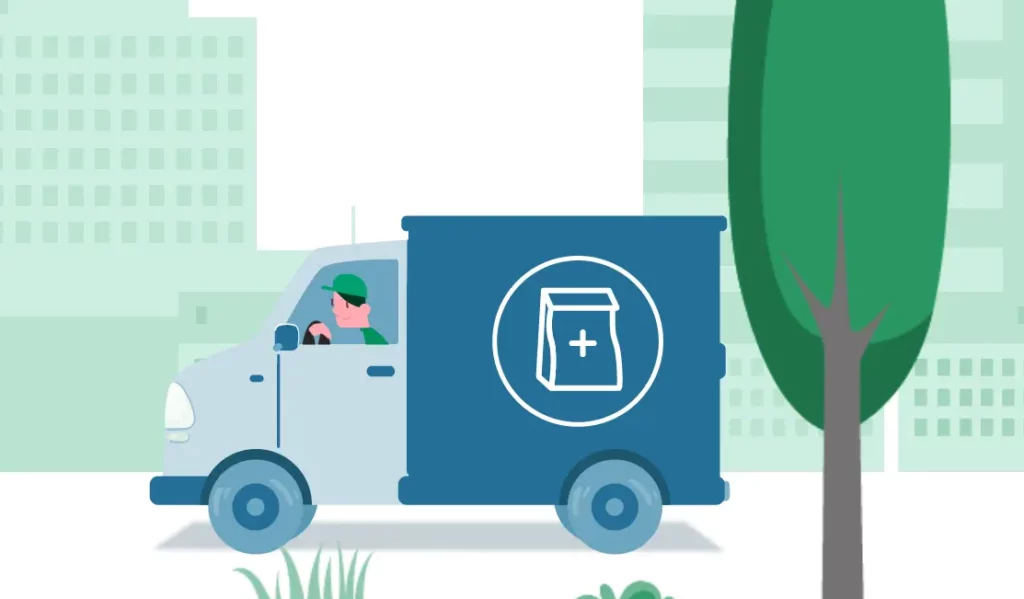With the ongoing pandemic, and subsequent lockdowns, many of our children’s mental health has been struggling significantly. Some are aware of what’s going on around us, which is difficult for everybody, but irrespective of that, most of them have experienced a very jarring change to their routines. They are no longer in school, seeing their peers, going on playdates, etc. and it’s difficult for them.
For kids, mental health issues can be difficult to detect as they are in a stage in their lives where they are very much in the middle of development. This means that there are likely to be significant changes over shorter periods of time than you see in adults. Therefore, being able to support them is significantly centred around the child being comfortable communicating about what they’re thinking or feeling.
After a survey in July 2020 about children’s mental health, statistics have shown that the number of children likely to have a mental disorder has significantly increased; now standing at 1 in 6 children presenting signs.
This has highlighted the urgency in children, and their carers, getting the support they need, especially as the current pandemic continues.
With the support of Blue Smile, we have answered some of the most frequently asked questions about supporting your children’s mental health.
Blue Smile is a Cambridge-based charity that offers expert arts-based therapeutic support to disadvantaged children experiencing mental health difficulties as well as support to teachers, parents and other caregivers.
Does my child have a mental illness?
A doctor would need to diagnose your child with a mental illness, so it’s important to discuss your concerns with a medical professional if you think that may be the case.
A child presenting warning signs of a mental health disorder doesn’t necessarily mean that they have one, but it’s important to keep an eye out for them. These can include:
- Sadness for an extended period of time
- Talking about death
- Hurting themselves, or talking about hurting themselves
- Extreme outbursts or irritability
- Severe mood or personality changes
- Struggling to concentrate
- Avoiding social situations
- Avoiding school
- Having trouble sleeping
- Changes in eating behaviour
- Weight loss
- Frequent unexplained headaches or stomach-aches
You can also fill in this symptom checker / quiz that will analyze your child’s symptoms and provide you with a list of disorders that they could have.
What are the signs of mental illness in toddlers?
Toddlers and infants would be either unable to communicate what they are feeling, or would have difficulty doing so. They won’t have typical symptoms of poor mental health, but they do show signs such as feeding difficulties, restlessness, sleep trouble, gastric issues, e.g.
How to support the mental health of infants
How can I improve my child’s mental health?
Making children feel safe and supported is an important way to support their mental health. This involves communicating with them, demonstrating healthy and positive behaviour, encouraging them to be independent and social, and letting them know that they can communicate with you.
How do I support a child with mental health issues?
There are many mental health resources for children and their caregivers, including Children and young people’s mental health services (CYPMHS) with the NHS.
Blue Smile also offers a range of support to children suffering with mental health issues, including those that are struggling with family breakdown, domestic violence, abuse, bereavement and more, experiencing severe anxiety, eating problems, self-harm, obsessive compulsive behaviours and impacts of trauma.
Blue Smile has three main services delivered by teams of highly trained therapists experienced in working with children.
- Partner school service: working closely and long-term with up to 9 schools every year in the most disadvantaged areas. In each school a team of therapists and mentors, managed by an experienced Team Leader, deliver targeted 1:1 therapy to referred pupils. The team provides intensive, arts-based and long-term support to children who face complex and acute emotional difficulties. Partner Schools receive intensive and dedicated support for the whole school community to achieve long term improved mental health for its children.
- Outreach School Service: flexible, in-school 1:1 arts-based therapy to support specifically the most vulnerable children in any school. This service was created in 2016 to ensure that children across Cambridgeshire could have access to support.
- Menu of Services: to assist a whole school approach to promoting good mental health and wellbeing in schools, including teacher training, teacher mentoring support, parent support workshops, therapeutic group work, and bespoke packages to meet schools’ needs.
Additional services were also introduced as a result of the COVID-19 pandemic and lockdowns that resulted in school closures. These included:
- Keeping in Touch service: involved qualified therapists who offered regular phone calls to parents and children to chat about how things were going, be a ‘listening ear’ and offer emotional support and advice as appropriate.
- Online therapy for children above the age of 10
- Delivered 185 therapeutic art packs to Blue Smile children. These were very popular with the children and families, as well as being a practical resource during a time of huge limitations on what families could do.
When should I worry about my child’s mental health?
With children, it’s very important that they get help early, because the longer it goes on without support or treatment, the more likely it is that it’ll become a long term problem. This could result in issues with their development.
If at any point you notice concerning signs with your child, you can always speak to a doctor. It may be nothing at all, but they could reassure you.
Healthera
Healthera operates a leading healthcare marketplace that provides patients with medicines, healthcare services and products through the largest digital platform of pharmacies and GPs in the UK, including national chains and independent providers. Download Healthera App to order NHS repeat prescription online!


